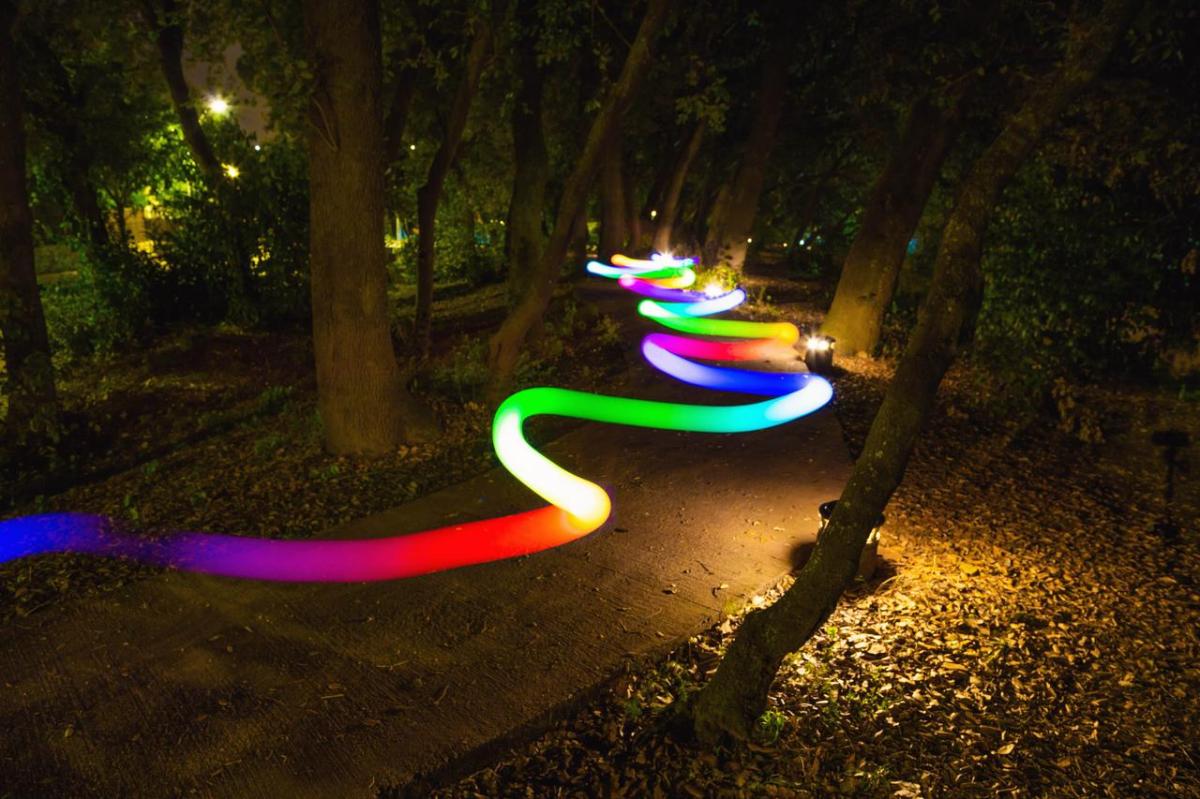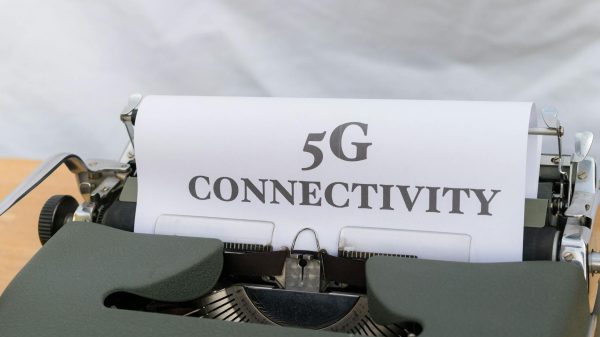Electricity represents access to knowledge and the harnessing of innovation. Although it has facilitated the advancement of civilization, not everyone knows who invented electricity. First of all, it should be noted that electricity was not exactly an invention, but a discovery. From then on, research was gradually carried out until all the details about it were known.
History of electricity
There are several complex theories about the history of electricity and how its use originated. However, today’s modern use of electricity is the result of a combination of different research.
The first data collected on static electricity was analyzed by Girolamo Cardano, who involved electric and magnetic forces in his work De Subtilitate, as early as 1550. But it was not until the 18th century that the first capacitor was developed, the Leyden bottle, created by scientists Ewald Georg Von Kleist and Pieter Van Musschenbroek.
Later, Benjamin Franklin coupled all this research to his experiment on the flight of the kite in 1752. The scientist attached a key to the string of a kite and flew it during a thunderstorm. Electricity coursed through the key and caused a shock of light, proving that static electricity and illumination were the same things and, therefore, lightning was a form of electricity. Franklin continued his research until he reached previously unimaginable conclusions about positive and negative charges.
The history of electricity continued to progress to Nikola Tesla, Thomas Edison, and Alexander Graham Bell, who developed different research related to electricity. These included the creation of the induction motor, the light bulb, power distribution, the first electric locomotive, the telegraph, the telephone and, finally, the telephone industry.
Who invented electricity?
Rather than asking who invented electricity, it would be more accurate to ask who discovered it. Because electricity was not invented, but rather discovered, since it is a set of physical phenomena. Although the use of electricity as we know it today is the result of much research and years of development, the invention is attributed to Thomas Edison (1879), since he managed to illuminate an incandescent light bulb with energy. Edison did not discover electricity as such, but built on earlier researchers, such as Alessandro Volta’s voltaic pile (1800).
Edison was, however, the first to generate electric light durably and safely. He succeeded in passing a long-lasting electric current through an incandescent carbon filament. This filament was housed in a glass bell, which efficiently extended the illumination, thus illuminating streets and houses.
Electricity and the Development of mankind
Access to modern electricity drives economic development and human progress, and has a direct effect on productivity, literacy, sanitation, the provision of basic services and communication services in communities, as demonstrated by the United Nations Development Programme (UNDP).
The Human Development Index (HDI) is used to measure the degree of progress of a country or region. It takes into account three indicators: life expectancy, education (analyzing adult literacy rate and enrolments combining primary, secondary and tertiary education) and standard of living (measuring gross domestic product per capita and inequality of purchasing power).
Based on these indicators, the HDI, in conjunction with the International Energy Agency, has confirmed that there is a direct relationship between energy consumption and the quality of life of the population in some countries and shows how Yemen, Senegal and Kenya are the nations most affected by this situation.
The most obvious proof of the importance of electricity for the development of humanity is the relationship between consumption and Gross Domestic Product (GDP). Countries with high levels of electricity consumption tend to have a higher GDP growth rate compared to those with lower consumption. This is because electricity is essential for economic activities such as the production of goods and services, communication or transport.
The use of electricity has also driven innovation, an essential factor for the development of mankind. One example is the digital revolution in the 20th century, which was mainly induced by the increased use of electricity.
Some benefits of electricity as an energy source
Electricity is not only an indispensable source of energy for the development of societies, it is also the easiest energy to use, thanks to its versatility. Thanks to the installation of cable networks, it is possible to bring it to a large number of towns and villages. Similarly, it reaches long distances and is capable of supplying energy to isolated areas.
On the other hand, research and constant development in artificial lighting have led to increasingly sustainable solutions to improve energy efficiency. Likewise, without electricity, most of today’s technological advances, such as network connectivity, could not have happened.
Scientific laboratories have also used electricity as a source of development and innovation, such as electrolysis, which allows elements of chemical compounds to be broken down by the application of electric currents.












